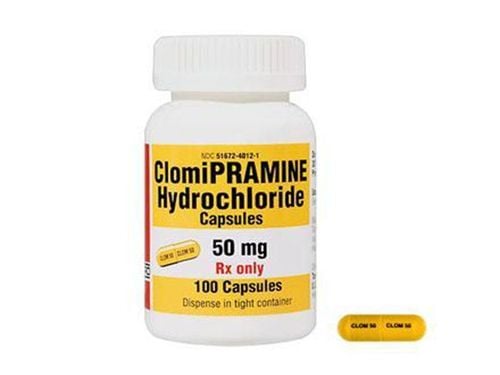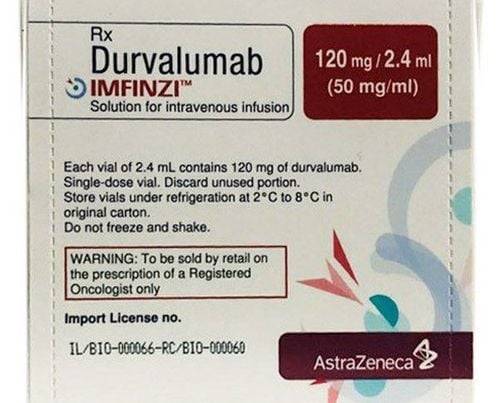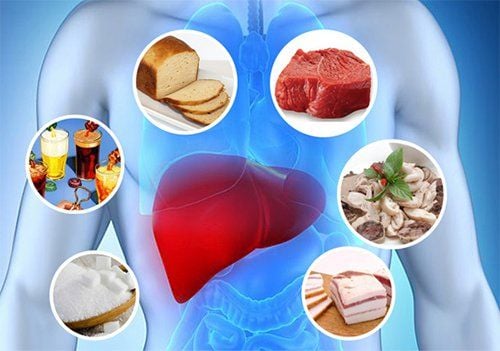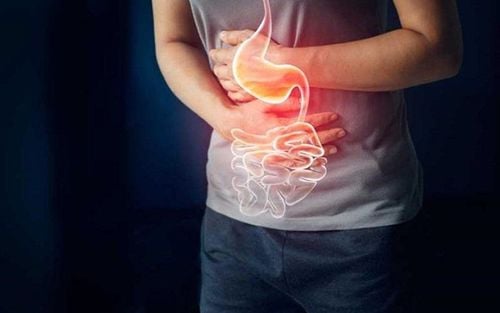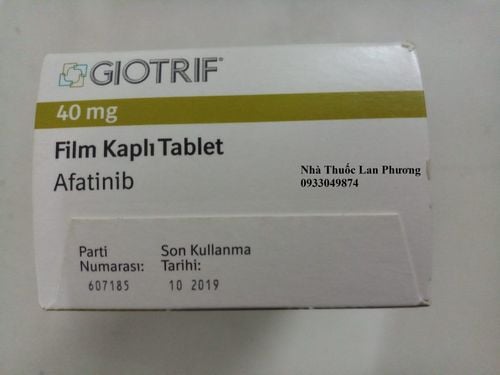This is an automatically translated article.
After treatment for lung cancer, patients often fall into a state of fatigue, exhaustion and sometimes worry about their own health. This inadvertently will make the patient's condition slower than usual. So how should lung cancer patients be cared for?
1. What to do after treatment for lung cancer?
For some people, lung cancer can be treated regularly with chemotherapy, radiation, or other therapies to try to keep the cancer under control for as long as possible. Learning to live with cancer can be difficult and very stressful. Therefore, after treatment for lung cancer, patients need to follow the specialist's follow-up care plan.
1.1 Follow-up and care after lung cancer treatment If the patient has been treated after lung cancer, doctors will still instruct the patient to closely monitor his or her health. One of the best ways to monitor your health is to have regular check-ups.
Any cancer treatment has side effects after surgery. Some side effects may only last for a few days or weeks, but others may persist for a long period of time. Therefore, regular check-ups are not only a way for the doctor to check the progress of the disease, but also help the patient talk to the doctor about the symptoms he is experiencing so that he can have the right treatment.
1.2 Doctor's Examination and Testing For stage I or II non-small cell lung cancer and patients who have had surgery should see a specialist for a physical examination and chest CT scan every 6 months for approximately 6 months. 2 to 3 years after surgery.
If you have stage I or II non-small cell lung cancer when the main treatment is radiation, you should see a specialist for a physical exam and chest CT scan every 3 to 6 months in 3 year and then every 6 months for 2 years.
After 5 years, this follow-up can be done once a year.
If you have stage III or IV non-small cell lung cancer, see a specialist for a physical exam and chest CT scan every 3 to 6 months for 3 years and then every 6 months for 2 five.
After 5 years, it is possible to re-examine once a year.
For small cell lung cancer, it is recommended to see a specialist for re-examination from every 3 months for the first 2 years after treatment, then from the 3rd year every 6 months, and then every once a year.
The specialist may order a CT scan of the chest and abdomen if needed. Patients should have a brain MRI every 3 to 4 months for the first year after treatment and then every 6 months for the second year.
If you have early stage small cell lung cancer, you should see your doctor every 2 months during the first year, every 3 to 4 months in years 2 and 3, every 6 months in years 4 and 5, then once a year.
Your doctor may order a CT scan of your chest and abdomen if needed. You should have a brain MRI every 3 to 4 months for the first year after treatment and then every 6 months for the second year.
2. Recovering from lung cancer treatment
Patients after lung cancer treatment will often be interested in how to live healthier, less pain. In fact, there are no supplements or drugs that can cure cancer and keep people healthy. However, patients can completely maintain a moderate lifestyle combined with a healthy diet that will help their health improve quickly after lung cancer treatment.
Get 30 minutes of moderate exercise and activity daily, weekly and monthly. Do exercises as directed by your doctor. Eat a healthy diet rich in whole grains, fruits, and vegetables. Try to limit red and frozen meat, fast food. Limit alcohol use. If the sick person uses tobacco, quit. Because smoking is very harmful to the patient's body. It is advisable to maintain the patient's health insurance so that he or she can continue to receive medical examination and follow-up without spending too much. Always call a specialist for any unusual symptoms.
3. What can be done to reduce the risk of lung cancer recurrence?
3.1. Reduce the risk of cancer progressing or coming back If people have or have had lung cancer, they are always concerned about whether the cancer will come back after treatment. So to help reduce the risk of cancer developing or recurring, patients should quit smoking, have a positive mindset, eat a certain diet, or take the necessary nutritional supplements.
3.2. Diet and physical activity Several studies have suggested that a diet rich in fruits and vegetables may help prevent lung cancer from developing, and promote a healthy, nutritious diet that helps prevent lung cancer. healthy body to fight other diseases. Being physically active can reduce the risk of lung cancer returning or dying from lung cancer.
3.3. Emotional support It is normal for patients to feel depressed and anxious with lung cancer. There are patients who are psychologically affected after cancer treatment.
But everyone can help and support the sick. Brothers, friends, and relatives of the sick person will always take care of and help the patient overcome this disease. Be always optimistic in every situation so that the disease is dispelled.
When the patient adheres to the correct treatment process and implements a nutritious diet, moderate living combined with psychological comfort will partly help improve health significantly.
Currently, Vinmec International General Hospital always has an intensive treatment regimen for each patient. The examination process is carried out by a team of doctors and medical staff with rich expertise, combined with the most modern service and equipment. Therefore, customers are completely assured of their health status when coming to Vinmec.
Please dial HOTLINE for more information or register for an appointment HERE. Download MyVinmec app to make appointments faster and to manage your bookings easily.




